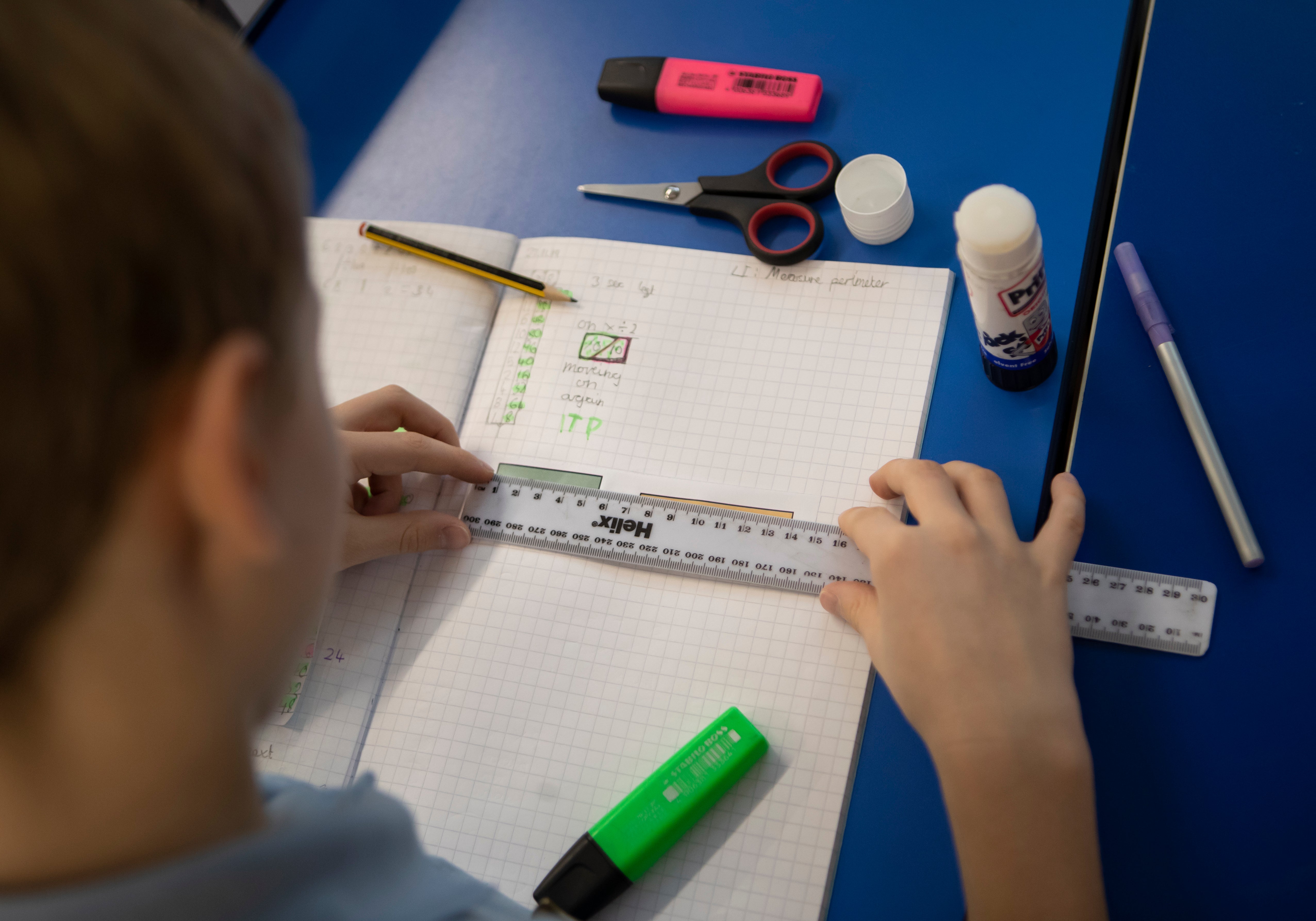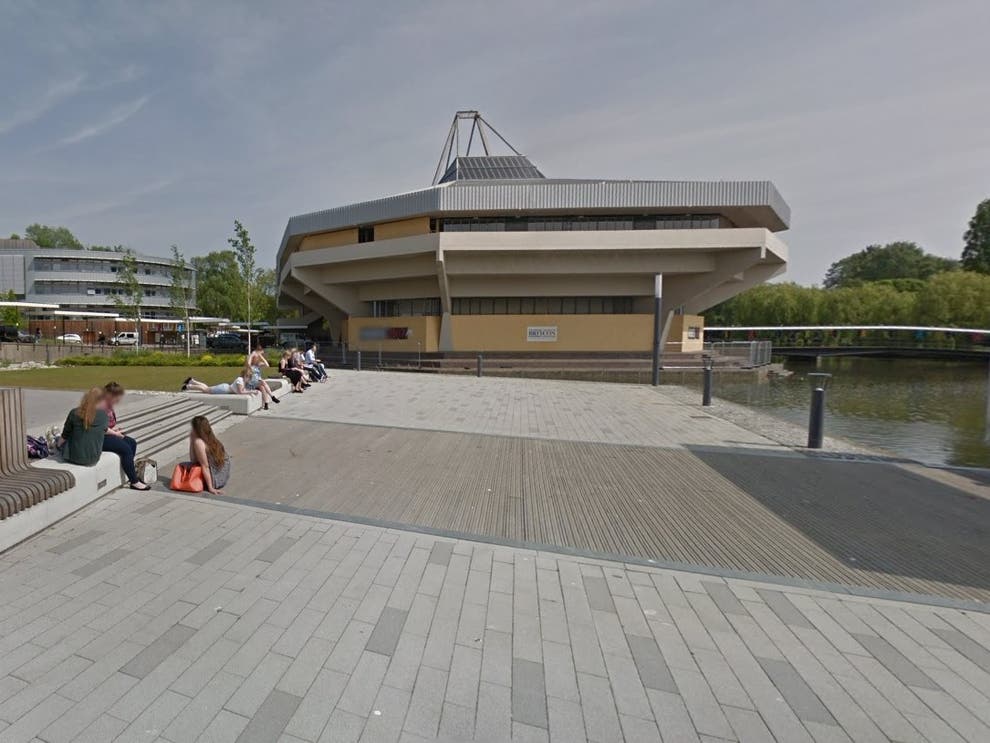School achievement gap between rich and poor students ‘has not narrowed in a century’
Children of less wealthy families face the same learning challenges as they did 1921, reports Lamiat Sabin

The achievement gap between children of deprived and wealthy families remains as wide was it was a century ago, according to a new study.
Primary school children in the UK are as affected by their families’ socioeconomic background as they were in the early 1920s, researchers said.
The study, by the University of York, analysed data from 92,000 people. It revealed that the achievement gap between poor and richer children has remained the same from 1921 to 2011.
At primary school, the gap is an average grade difference of 0.5. But gulf becomes more stark as the children progress through the education system into their teenage years, researchers said.
Previous studies have suggested that, by the time children take their GCSE exams at 16-years-old, poorer pupils have a grade difference of 1.75 – more than three times the achievement gap at primary school.
Researchers called on the government to prioritise equality in learning outcomes rather than in opportunities, as they say the lack of achievement can lead to a generations of a family struggling with poverty.

The study’s lead author Professor Sophie von Stumm, from the University of York’s education department, said: “Our study shows for the first time that despite the efforts of policy makers and educators, children from impoverished backgrounds, whether born in 1921 or the modern day, face the same prospect of earning lower grades and obtaining fewer educational opportunities than children from wealthier backgrounds.
“We are calling for educational interventions that ensure the weakest students get the most support, as policies promoting equal learning opportunities only work if all children are equally well prepared to take advantage of them.
“For example, we know that children from low socioeconomic family backgrounds tend to start school with poorer language skills than their better-off peers. This early disadvantage makes it more difficult for them to utilise the learning opportunities that that school offers.
“In turn, children from impoverished families earn lower grades in primary and secondary school, and ultimately, they earn fewer educational qualifications than children from wealthier backgrounds.”
The researchers also looked at data provided by large cohort studies up until 2016.
Despite not analysing data from 2020 and 2021, the researchers said that the disruption to learning caused by the coronavirus pandemic will likely have strengthened the link between children’s academic achievements and their families’ socioeconomic status.
This is because poorer families would have likely not have had the same access to resources, IT equipment and suitable environments to learn remotely at home as pupils of wealthier households.
Professor Paul Wakeling, co-author of the study, said: “There was rightly much public scrutiny of inequalities in GCSE grades during the pandemic. However, our findings highlight how important it is to consider inequalities in earlier years of schooling. The impacts could be felt for years to come "
The study is published in the journal npj Science for Learning.







Join our commenting forum
Join thought-provoking conversations, follow other Independent readers and see their replies
Comments